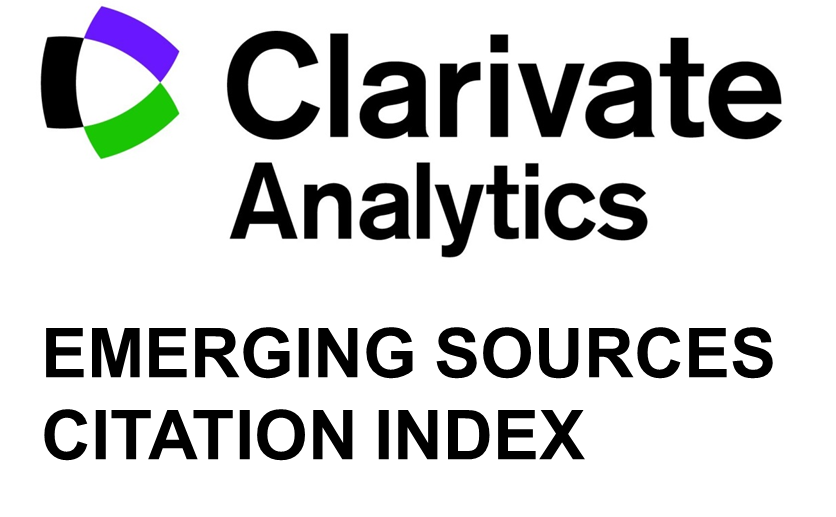The impact of corporate social responsibility on the environmental performance of large organizations in Serbia
DOI:
https://doi.org/10.5937/StraMan2200021AKeywords:
corporate social responsibility, environmental performance, large organizations, PLS-SEM, SerbiaAbstract
Background: Modern business operations, which have resulted in a significant growth of major companies, both those operating within their national boundaries and multinational ones, have contributed to an increased exploitation of natural resources, environmental pollution, harmful gas emissions, drinking water scarcity, deforestation and many other negative consequences for the entire environment. This resulted in the emergence of the concept of CSR, first in large multinationals, which had sufficient funds to address this issue, and, in most cases, had contributed to environmental pollution.
Purpose: The authors of this paper investigate whether there is a relation between the concept of Corporate Social Responsibility (CSR) and environmental performance in Serbia.
Study design/methodology/approach: The research was conducted from November 2019 to August 2021 in large organisations on a sample of 165 companies. The author used Smart PLS software for data processing.
Finding/conclusions: The research results show that the application of the concept of CSR influences significantly the environmental performance in large organisations in Serbia.
Limitations/future research: The authors only investigated large companies, while the relationship between CSR and environmental performances in SMEs is a potential for future research.
Downloads
Published
Issue
Section
License
Copyright (c) 2022 Marko Aleksić, Nemanja Berber, Maja Strugar Jelača, Radmila Bjekić

This work is licensed under a Creative Commons Attribution 4.0 International License.














